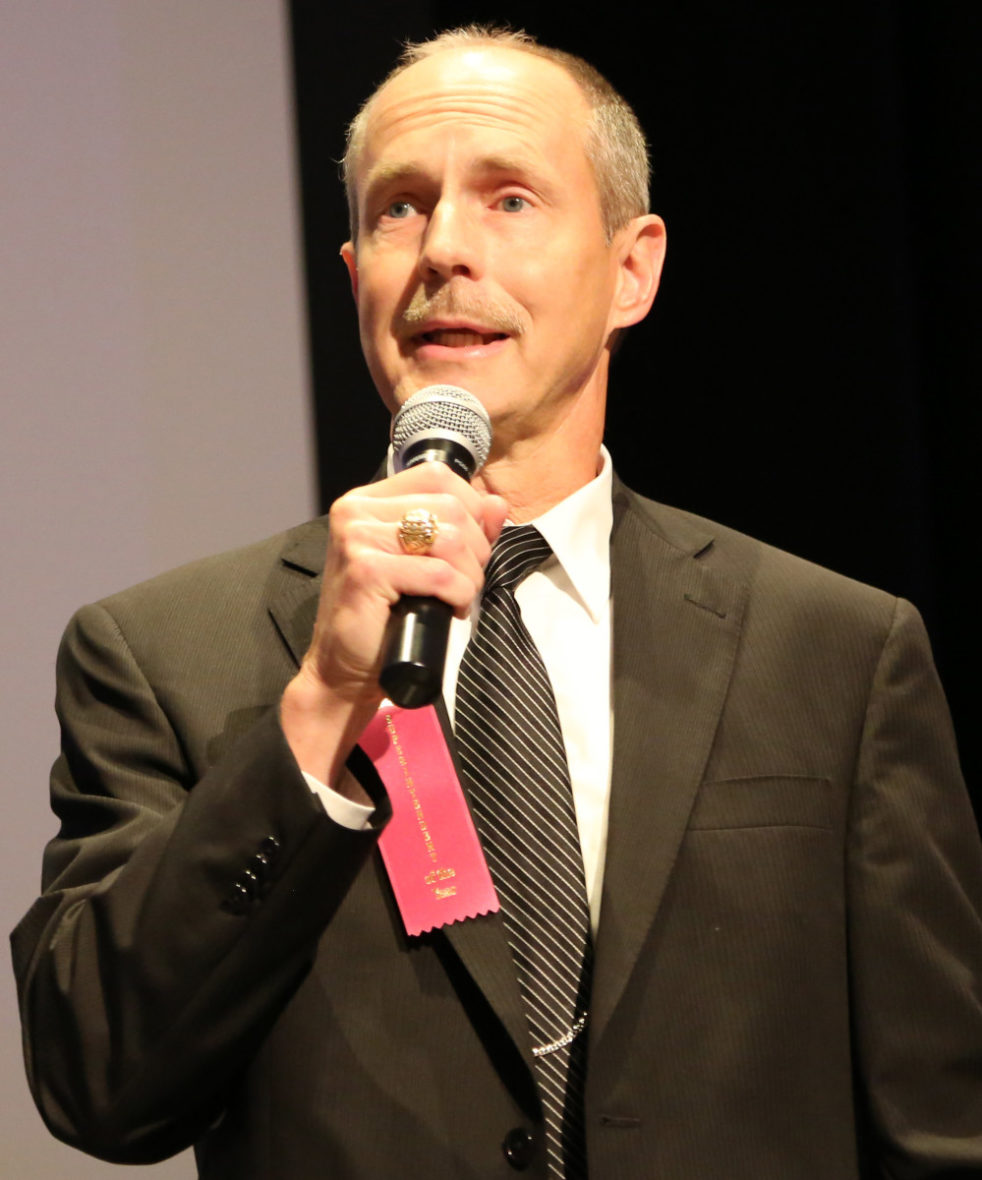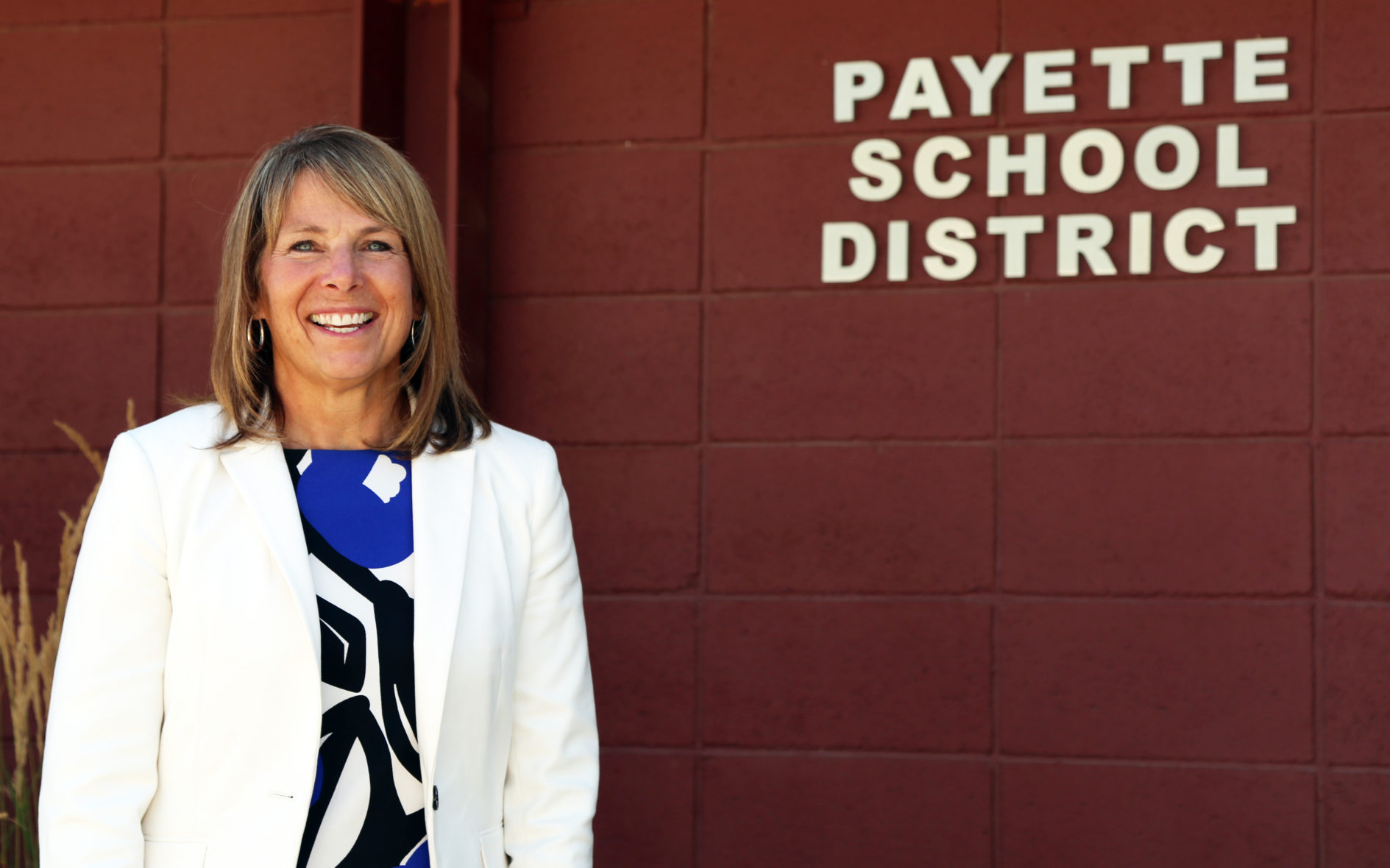When it came time for the Madison School District to hire a physical education teacher, the Eastern Idaho district received just one application.
The applicant, now on staff, is off to a good start, Superintendent Geoffrey Thomas said this week. But he’s also well aware of the odds. The shallower the applicant pool, the greater the chance of making a bad hire.
Madison’s search is just one passage in an ongoing story. Idaho’s teacher shortage is widespread. And it’s unlikely to go away any time soon.
The evidence is anecdotal but widespread. Some administrators simply left some jobs vacant this fall, for lack of qualified applicants. Administrators are also plugging vacancies with uncertified teachers; not too far from Madison, about a fifth of the West Jefferson School District’s faculty is on the job while pursuing alternative routes to certification.
The historically hard-to-find teachers remain scarce; in an Idaho Education News online survey, West Jefferson Superintendent Dwight Richins likened math, science and special education teachers to “unicorns.”
But the struggle to find and keep quality teachers doesn’t stop there.
‘I ask them, “Please stay”’
As a member of Gov. Butch Otter’s K-12 task force, Thomas helped push for teacher pay raises. The 2015 career ladder salary law has its origins in the 2013 task force recommendations.
The extra money helps. But a scent of “toxicity” lingers — from a time when teachers felt they were treated as the enemy.

“We’re not that far removed from the Luna years,” Thomas said. “You don’t always see the effect immediately.”
The Madison district has an edge in recruiting teachers — its proximity to Brigham Young University-Idaho. The district usually has plenty of applicants, at least for elementary school jobs.
Retention remains a problem, though. Turnover rates have topped 20 percent in recent years — and it means that this year’s 11.5 percent turnover rate qualifies as a positive sign.
Even so, recruiting is a big job. So when Thomas addresses his faculty at the start of the school year — and looks out at a room with a lot of new faces — he quickly pivots from a welcome to another message.
“I ask them, ‘Please stay,” he said.
Scramble in suburbia
The teacher shortage may hit rural schools the hardest — but the pain is felt beyond small-town Idaho.
Meridian’s Compass Public Charter School scrambled this year. Compass hired three teachers through alternative routes: a physical education teacher, a math and chemistry teacher and a part-timer to teach one health class.
When it came to finding a part-time junior high school Spanish teacher, Compass wasn’t as fortunate. One promising applicant backed off, and the school could never make the hire. Compass’ Spanish teacher will still have to cover high school and junior high classes. That forced the school to drop a dual-credit class, even after students had signed up for it.
“That was a bummer,” school administrator Kelly Trudeau said.
Like Thomas, Trudeau struggles with retention — since teachers can find higher salaries elsewhere in the Treasure Valley. She lost two veteran teachers this summer, one each to the West Ada and Boise school districts.
The career ladder is part of the problem.
“They took from the veteran teachers to be able to boost the newbies coming in,” Trudeau said. “Budgetwise, it isn’t helping us at all.”
‘It’s not going to get any easier for a while’
Pocatello-Chubbuck is Idaho’s fourth largest school district, and the largest district in eastern Idaho. Pocatello is also home to Idaho State University, which provides the district access to a cadre of entry-level teachers.
But this year, only 50 students graduated from ISU’s College of Education, down from 75 to 80 graduates in typical years, said Sue Pettit, Pocatello-Chubbuck’s human resources director.
Pettit is starting her recruiting process sooner — in February, rather than April. Beyond the typical scramble to find special education teachers, the district even struggled to hire elementary school teachers.
Meanwhile, with 20 teachers going through alternative certification, the district is having to ramp up its training. One teacher is assigned to meet regularly with these 20 teachers. The non-traditional hires also get in-house training at their schools, and must take a course in classroom management.
Pettit is bracing for the new normal.
“It’s not going to get any easier for a while,” she said.
Taking the TFA route
As a new superintendent, Robin Gilbert inherited some harsh facts of life. Like many rural districts, the Payette School District scrambles to hire teachers. Then Payette runs the risk of losing teachers to higher-paying jobs in urban areas.

On the recruiting end, Payette has turned to Teach for America, a controversial program that is trying to make inroads in Idaho.
TFA recruits recent college graduates, puts them through a five-week summer training institute, then places them in impoverished schools. Its Idaho rollout has been slow. In 2016-17, only 12 TFA graduates taught in Idaho schools — a number dwarfed by other alternative teacher certification programs.
TFA hires need only stay on the job for two years, so the program might not address Payette’s retention troubles. And TFA hires cost more; this year, Payette has to pay a $2,000 stipend for every teacher it hires through the program. But Payette’s three TFA hires have taken hard-to-fill teaching jobs such as special education and high school science.
“It brought in candidates that we would not have been able to find on our own,” Gilbert said.
Idaho Education News data analyst Randy Schrader contributed to this report.
Disclosure: Teach for America is funded by the J.A. and Kathryn Albertson Family Foundation, which also funds Idaho Education News.
